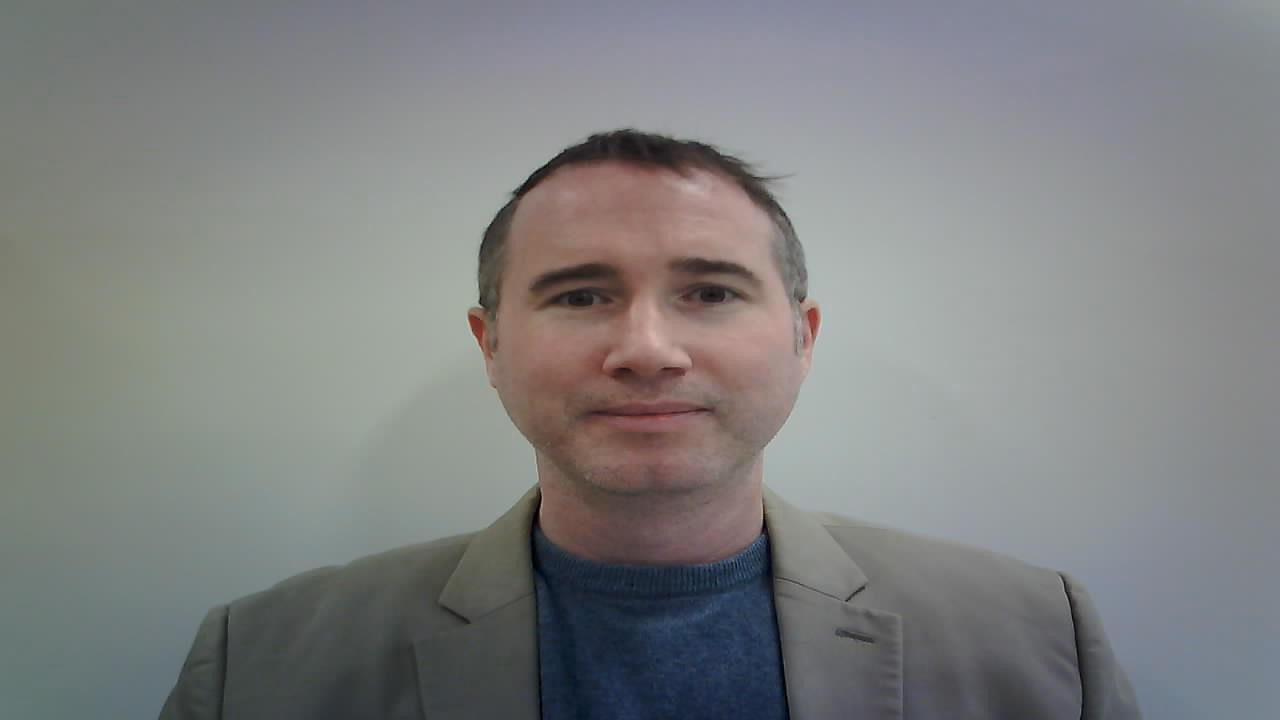- Date: Sunday, February 26 1:30pm
- Location: Online – Zoom link included when you register for event
- Cost: JALT Members – Free. Non-member – 500 yen
- Event Registration is here: https://iwamorifeb26.peatix.com/view
Outline: Music is found in all cultures worldwide. It is an international language that communicates emotion across other language barriers. Importantly, listening to music involves the whole brain. We will explore how music is processed not only through our ears and auditory cortex, but also through our senses of touch and sight, and how we can recall music through visual and tactile stimuli as well as an audio stimulus. We will experience howinstrumental music activates areas of the brain associated with language. And understand why motor areas of our brain are activated automatically when we hear music, even when we are sitting or lying still. These phenomena explain why using music in a classroom is especially stimulating and conducive to learning. Participants will be invited to share the ways in which they use music in their classrooms and the positive outcomes they have experienced. The presenter will also introduce additional suggestions for using music to stimulate language learning both in the face-to-face classroom and when teaching online.
Bio: Amanda Gillis-Furutaka is a professor in the Department of English at Kyoto Sangyo University. She has an MA in TESOL from the University of Birmingham and a PhD in music from the University of London Goldsmiths College. She has taught in a variety of countries and researched in a variety of fields but her main interest these days is how to apply the latest findings in brain science to the language classroom. She is currently the Coordinator of the JALT
Mind, Brain, and Education SIG.


